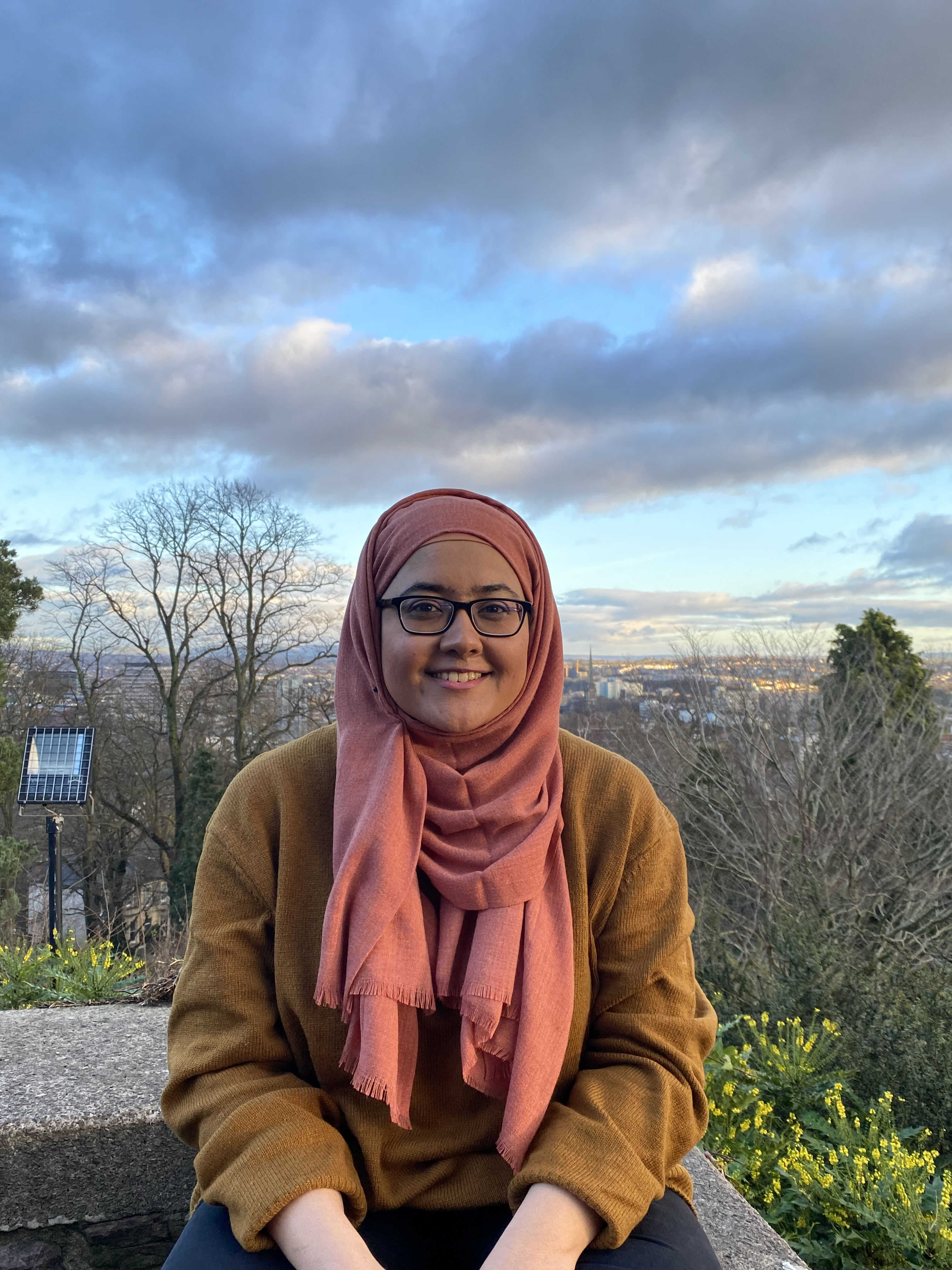Commonwealth PhD Scholarships (low income countries)
About the award
Level: PhD
Course: All PhD that fits into one of the six key themes of the CSC.
Country/Region: Bangladesh, Cameroon, Gambia, Kenya, Kiribati, Lesotho, Malawi, Mozambique, Nigeria, Pakistan, Rwanda, Sierra Leone, Solomon Islands, Tanzania, Tuvalu, Uganda, Vanuatu, Zambia
Value: Full tuition fee and living stipend.
No. of awards: Variable
Deadline: Commonwealth PhD scholarship application deadline is 15 October 2024.
More information

Queen Mary is proud to have hosted Commonwealth scholars for many years. Commonwealth PhD Scholarships are for candidates from low and middle-income Commonwealth countries, for full-time doctoral study at a UK university.
Co-funded by Queen Mary and the UK Foreign, Commonwealth and Development Office (FCDO), Commonwealth PhD Scholarships enable talented and motivated individuals to gain the knowledge and skills required for sustainable development and are aimed at those who could not otherwise afford to study in the UK. These scholarships are offered under six themes:
- Science and technology for development
- Strengthening health systems and capacity
- Promoting global prosperity
- Strengthening global peace, security and governance
- Strengthening resilience and response to crises
- Access, inclusion and opportunity
Eligibility
To apply for these fellowships, you must:
- Be a citizen of or have been granted refugee status by an eligible Commonwealth country, or be a British Protected Person.
- Be permanently resident in an eligible Commonwealth country.
- Be available to start your academic studies by the start of the UK academic year in September 2025.
- By September 2025, hold a first degree of at least upper second class (2:1) honours standard, or a second-class degree (2:20) and a relevant postgraduate qualification (usually a Master’s degree).
- Not be registered for a PhD, or an MPhil leading to a PhD, at a UK university or in your home country before September/October 2025.
- Be unable to afford to study in the UK without this scholarship
- Have provided all supporting documentation in the required format
Terms and conditions
Full eligibility criteria and general conditions of the award can be found on the CSC website
How to Apply
Applications for Commonwealth PhD scholarships for the 2025/26 academic year are now open. The deadline for submitting an application is 16:00 hours BST (15:00 GMT) on 15 October 2024.
You must apply to one of the CSC's agreed nominating bodies in the first instance –the CSC does not accept direct applications for these scholarships. Please see their website for more information: https://cscuk.fcdo.gov.uk/scholarships/commonwealth-phd-scholarships-for-least-developed-countries-and-fragile-states/
You must then make your application using the CSC’s online application system, in addition to any other application that you are required to complete by your nominating body
You do not need to hold an unconditional offer in order to apply, however, you will need to include a supporting statement from your proposed supervisor.
Contact
For more information, please email international-partnerships@qmul.ac.uk
How to apply
Please visit this CSC page for full guidance notes and the application link https://cscuk.fcdo.gov.uk/scholarships/commonwealth-phd-scholarships-for-least-developed-countries-and-fragile-states/
Meet our scholars
Faika Laz Banti, Commonwealth Scholar 2021/22, Bangladesh.
PhD Barts Cancer Institute (Non-Clinical)
What one piece of advice would you give Commonwealth PhD applicants?
Commonwealth PhD scholarship is a very competitive scholarship. It’s important to prepare in advance. It's worth contacting your prospective supervisor or university early, as it will give you an opportunity to gain a deeper understanding of the proposed research and engage in scientific conversation. You will have time to reflect on the projects you are proposing. I will also recommend you ask yourself whether the program and supervisor are right for you.
The application process is very important for the selection criteria of the scholarship. In my case, my supervisor helped me a lot during my application process.
What made you choose the programme?
I did my undergraduate in Pharmacy and my masters in Cancer Sciences. I wanted to combine these two areas together and work on developing better treatment for cancer patients and Barts Cancer Institute was the perfect choice for me. Barts Cancer Institute (QMUL) is one of the leading cancer institute’s worldwide, conducting impactful and translational research that is generating significant improvements in early detection and diagnosis of different types of cancer, through the discovery and development of more effective and innovative therapies.
When I was searching for suitable projects, I found Professor Jude Fitzgibbon’s research on personalized epigenetic therapy in Acute Myeloid Leukemia very appealing. He has a strong track record of epigenetic research; well-funded and published and have excellent contacts with industry and the UK research network. Speaking with him and his team via zoom I was convinced that his lab would be ideal to complete a PhD programme.
What do you hope to do after you finish your studies?
I want to develop genomic-based personalized research for cancer patients in Bangladesh which will provide more accurate diagnoses and more effective treatments for not only cancer but also a wide range of diseases. With the overall aim of improving the morbidity and mortality of these patient groups.
Favourite aspect of the programme?
My favourite aspect of the programme is to work with a diverse group of people from multiple disciplines. This shows me how collaborative work can lead to creative and high impact research.